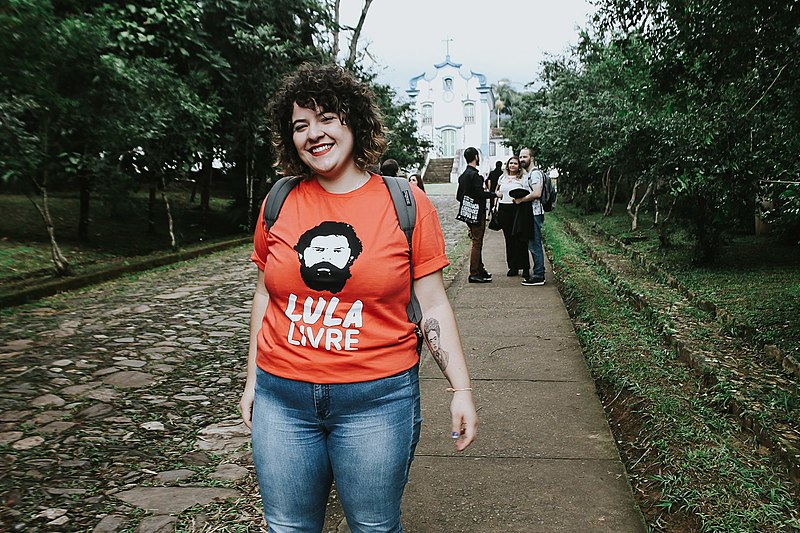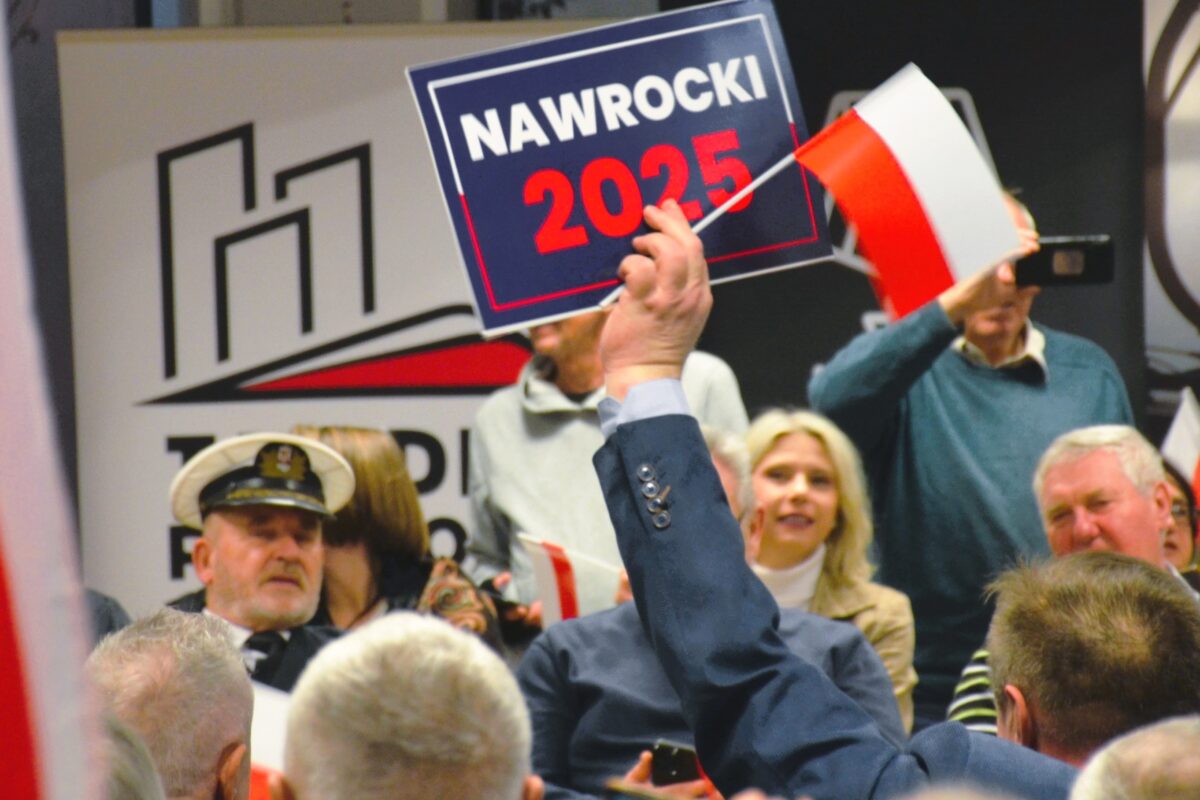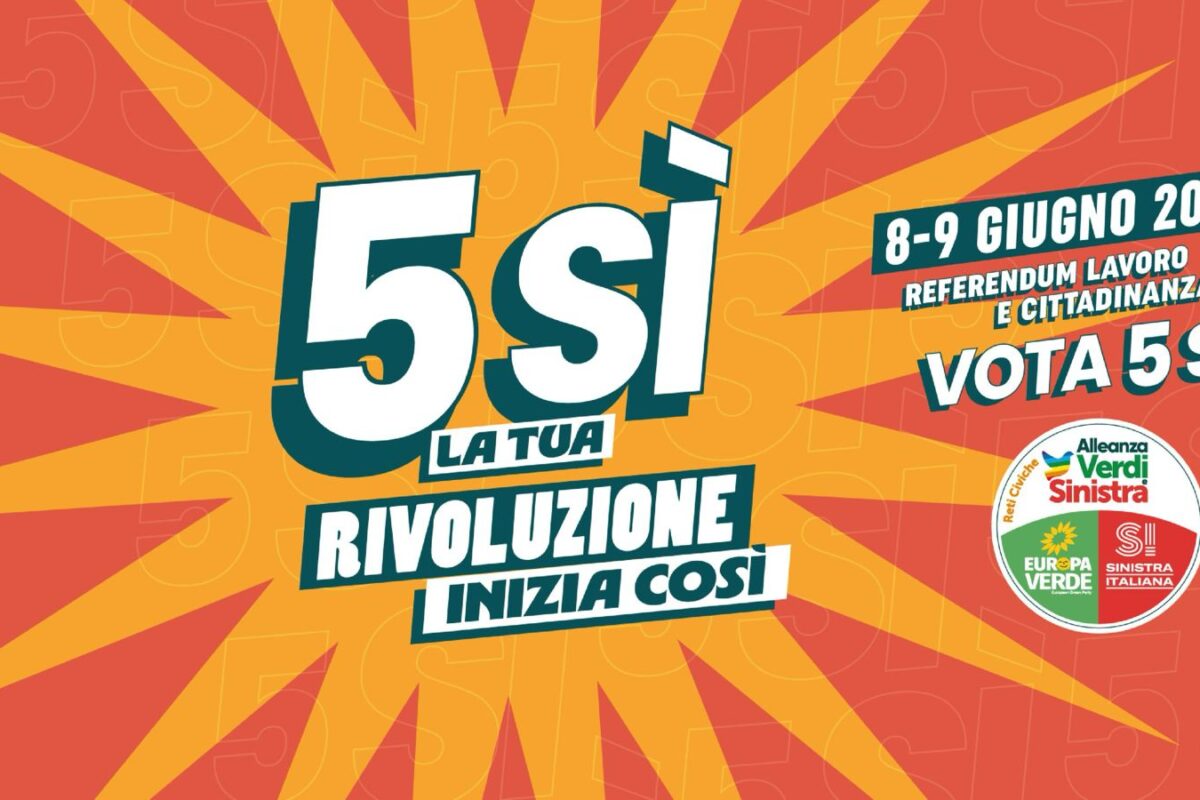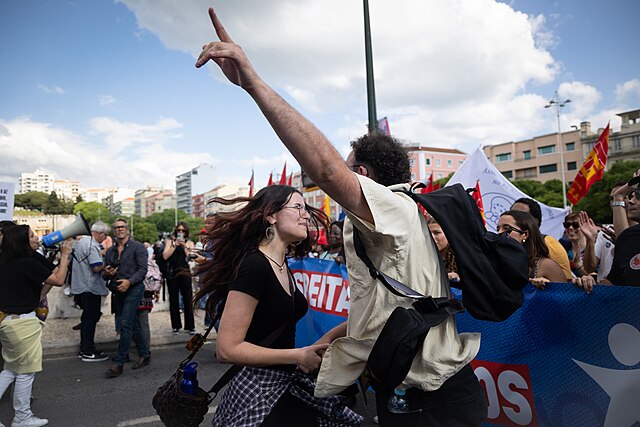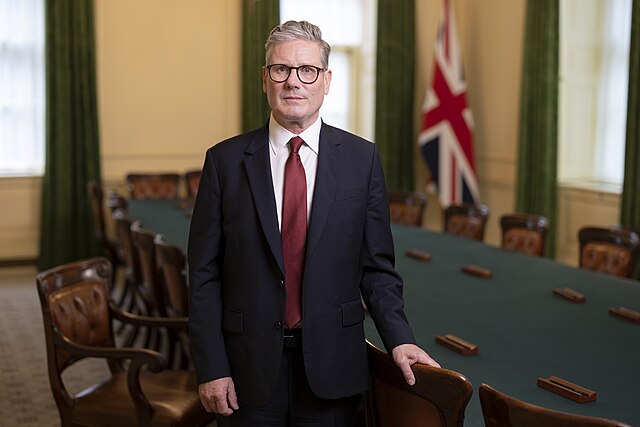The first round of the Brazilian elections will be held on October 2, 2022. 156 million Brazilians will vote to choose representatives for state legislatures, both houses of Congress, state governors and the presidency. Over the last months, opinion polls show a polarization between the incumbent far-right Jair Bolsonaro (with around 31 percent) and the center-left former president Luiz Inácio Lula da Silva (at about 48 percent). Despite several attempts to prop up a “third way” alternative, no other candidate has gone past one digit figures. In order to win outright in the first round, Lula needs 50 percent plus 1 of valid votes (excluding blank and null votes), otherwise the first- and second-place candidates face off in the second round.
An analysis of respectable, recent Ipec polls, by journalist José Roberto de Toledo, between December 2021 to August 2022, Lula went from 49 percent to 44 percent, while Bolsonaro shot up from 22 percent to 32 percent, and the total sum of all of Lula’s adversaries combined went from 38 percent to 44 percent. Toledo added that in this period, Bolsonaro has grown across all social segments and in all regions.
To understand this trend, look at how the two candidates acted in the past eight months. Lula has pandered to the right… To be more precise, he has pandered to a very specific and tiny, albeit influential, constituency: Brazil’s financial sector. This is illustrated by his vice presidential pick, former São Paulo governor and the darling of ‘Faria Lima‘ (Brazil’s Wall Street) Geraldo Alckmin. In May, Lula said “we don’t discuss economic policies before winning the elections. First, you have to win the elections. And then you have to know who you will have in your team and what you will do.” Lula has made no promises on the economy, except for the pledge to increase the minimum wage above inflation.
Bolsonaro’s record
This is nothing short of appalling. Under his watch, “Brazil has recorded 34.5 million Covid-19 cases, the third highest in the world, and 685,000 deaths, the second highest after the U.S. […] with the president’s denialism obstructing the state from effectively combating the pandemic”. Those figures are likely underestimated.
Deforestation of the Amazon forest exploded, illegal mining hit a record high (a territory the size of Taiwan has been deforested since he took power in 2019). Bolsanaro’s expected defeat led to intensified destruction in the forest by illegal loggers, cattle ranchers and gold miners. Incidences of abuse of Brazil’s indigenous tribes have risen sharply under Bolsonaro, as illegal gold miners flocked to the supposedly protected reserves. His administration “attacked Brazilian indigenous communities in every possible way”.
He presided over weakening of the country’s democratic institutions by constant threats of military intervention. Bolsonaro’s finance minister Paulo Guedes, a University of Chicago graduate, led a “free market, pro-business agenda” focused “on cutting bureaucracy, promoting privatisation and simplifying labour regulations” that led to a “widespread decline in quality of life”, says the Financial Times.
About 27 million Brazilians now live below the poverty line, the most since the start of records 10 years ago. Some 125.2 million people (58.7%) are food insecure, while 33 million (15%) go hungry every day. Bolsonaro has been a disaster across the board, amounting to a human rights crisis and a threat to democracy. None of this came as a surprise to anyone paying attention. Before being elected president, he had a long, well recorded history of racist, misogynistic, hateful statements and positions over 30 years in Congress.
Facing such a dire scenario, one cannot help but struggle to understand how this government can keep the solid support of one third of voters. Rio-based philosopher Rodrigo Nunes provides a compelling explanation: “In the face of this psychic suffering that is produced by the structural impossibility of realizing one of the most widespread beliefs in our society (that anyone can be their own boss, of meritocracy and of working with what they dream of), what the extreme right does is to say “you failed”. But “It’s not your fault, it’s the fault of Workers’ Party (PT) for stealing; of the artists who let themselves be bought by the Rouanet Law (a tax incentive policy for arts and culture); of the poor who were bought by the income transfer policies”.
Bolsonarismo, did not come out of the blue. It is a symptom of deep-seated problems in Brazilian society. These problems came to the fore in the wave of protests sweeping Brazil between June 2013 and the 2014 World Cup, with demonstrations, school occupations, shopping mall protests, garbage collectors’ wildcat strike in Rio, and so on, across the country. Nunes argues that this was the most significant mass political fact since the re-democratization protests of the early 1980s. Nunes said, “The potential that existed there was much greater than all the subsequent developments, and it was not exhausted in any of them.”
This cycle of protests should be understood in the global context – alongside Occupy, Indignados, Arab Spring, Turkey’s Gezi Park, and so on. It was a diffuse uprising against the political system that on so many levels had failed many societal sectors. The insurgents/protesters broadly demanded better public services like healthcare, education, transit, housing.
The Dilma Rousseff government was caught off guard and was unable to address the protesters’ demands. Protesters were instead met with police brutality and media demonization. Because, as Nunes puts it, “the first Dilma government from the beginning had been alienating its natural political base, especially among younger people”.
The Workers Party (PT) in Office
Let’s assess the 14 years (2003-16) of the PT in power in order to understand how we got here. It was under the nominally leftist government of the PT that mega dam projects in the Amazon forest were built with devastating ecological and social consequences. Brazil’s prison population skyrocketed. An anti-terrorist bill that criminalized protests was approved and the Law and Order Guarantee decree, authorizing the deployment of army troops to a low-income neighborhood in Rio – was signed. This is far from an exhaustive list.
Between 2003 and 2012, 560 indigenous people were murdered in Brazil, an average of 56 per year – an increase of 168.3 percent compared to the average during the tenure of Lula’s predecessor, center-right Fernando Henrique Cardoso (1995-2002). According to Ermínia Maricato, one of Brazil’s most renowned urban planners and activists who worked in Lula’s government, the PT’s housing policy was a boon to the contractors, real estate developers and land owners. Meanwhile it “worsened the cities, aggravated the difficulties of access to housing among the poorest and created neighborhoods especially vulnerable to organized crime”.
A recent study published in the Revista Brasileira de Estudos e Defesa (Brazilian Journal of Defense Studies) found that the PT governments led the further militarization of the Ministry of Defense. “If we had built the necessary institutions for civilian control at that time, when this was possible politically speaking, today we probably wouldn’t have the absurdities that we see on a daily basis: too many military personnel in the government, too many benefits and excessive salaries.”
“All of this is related to the fact that we didn’t do our homework during a more progressive government,” said one of the co-authors, Juliano Cortinhas (Universidade de Brasília). In 2013, one newspaper article observed that “In Brazil, the homosexual issue moves at a slow pace”. One study found that in 2017, one year after the PT left office, violent deaths of LGBTQ people had reached an all time high. Things have only worsened since then.
Some recent research even questions the PT’s trademark achievement: the reduction of inequality. Upon closer inspection, it turns out that during the PT’s tenure “concentration of income in the hands of the richest actually increased”. One study “found that while the least wealthy 50 per cent of Brazilians increased their share of national income from 13 per cent to 14 per cent between 2001 and 2015, those in the top 10 per cent also grew their share – from 54 per cent to 55 per cent – and of course this share was substantially bigger to begin with.”
Marcelo Medeiros, visiting professor at Columbia University and one of Brazil’s most respected experts on inequality, noted, “Our policies to reduce inequality need to be revised. There are new players in the game, and they are heavy players, like wealth, inheritances, profits and capital gains … A very large part of inequality in Brazil will not be affected by anything that affects the labour market – such as education. That doesn’t affect taxation or inheritance.”
The PT’s legacy
There has been no reckoning with the Left’s experience in power. Lula’s approach of social-democratic conciliation has not been critically debated either within the PT or the broader Brazilian Left. Instead, Lula continues to play the game – a very rotten game – of Brazilian politics. He continues business as usual, preferring to build support within the country’s political and economic establishment, rather than the more arduous, but perhaps more sustainable work of building social support.
As pointed out, in 2002, Lula was elected president for the first time, with the backing of five parties and the PT controlled 19 of the 34 ministerial positions. Four years later on re-election, Lula had three parties in his coalition and the PT controlled 16 out of 36 ministerial positions. This year, Lula’s coalition is composed of 10 parties, including many who opposed the PT their whole political lives.
The best example is Lula’s VP pick. Geraldo Alckmin is a socially conservative, pro-police, anti-labour, neo-liberal former governor of São Paulo state, closely aligned with Brazil’s financial elite and the political godfather of notorious former Bolsonaro environment minister Ricardo Salles.
The risk of relying on Brazil’s political system is that it is not very reliable. Out of the 13 coalition parties that helped Rousseff get re-elected by a tiny margin in 2014, most including the largest ones, voted for her impeachment, while a couple smaller ones though divided, sided towards impeachment (Data here in Portuguese). Only her own party, the PT, and a small center-left party, voted against impeachment.
This illustrates the point. The fact that there has been no reckoning of the PT or Brazil’s left generally with the 14 years of the left in power means that lessons have not been learnt, and hence the same political approaches are doomed to be repeated.
Michel Temer, who took over after Dilma Rousseff’s impeachment (however spurious the grounds on which it was carried out), was her vice-president. At least 11 of Temer’s 24 ministers had been under investigation for participating in various capacities in the Petrobras corruption scheme that took place during the PT years. Some of them had been ministers or held key positions in the previous PT governments.
In fact, Temer’s finance minister, Henrique Meirelles, had been the president of Brazil’s Central Bank during both of Lula’s tenures (and before he had been President and COO of BankBoston worldwide). It was under Meirelles’ tenure as finance minister that the infamous spending cap to limit public spending to the inflation rate, “at the heart of President Michel Temer’s austerity plan”, was approved. It severely hindered any serious social spending.
Two weeks before the first round of the upcoming elections, Meirelles appeared alongside seven other former presidential candidates in past elections to show support for Lula. As one news report noted, “Meirelles’ presence is also a nod to the financial market and the business community, which has been in contact with the PT campaign, and raises speculation about the possible presence of the former minister in a future Lula government”.
This highlights that the problems and shortcomings of the experience of the Left in power in Brazil, stemmed not from being too radical, but, on the contrary, for accommodating Brazil’s political and economic establishment. As one on-line commentator has eloquently put it: “The ‘polarization’ equivalent of Bolsonarismo would be an outspoken supporter of the Shining Path with a real chance of coming to power through the ballot box. What we have is a completely bizarre right-wing turn of the Overton Window. Where fascio-liberalism has been normalized into the landscape and a center-right social-liberalism is seen as ‘left-wing extremism’.”
Most of Brazil’s Left and social movements have unconditionally adhered to Lula’s campaign. This has increased in the weeks prior to the first round vote amid intensifying calls for the so-called “useful vote“. Such calls, stemming from various societal sectors, urge Brazilians to vote for Lula in the first round in order to finish this off quickly. One independent journalist, voicing this position cautioned, “After the election, the matter is different: we will demand a better Brazil. Today’s vote does not mean automatic alignment tomorrow”. Others who support Lula, seek to extract guarantees – the business and financial sectors, for instance. One journalist wrote, “In the final stretch of the campaign before the first round of voting, different market and business sectors have intensified conversations with Lula’s (PT) headquarters in search of definitions or signals for a possible ministry of the Economy – should Lula be elected”.
As Carlos Eduardo Martins, Professor of Political Science at the Federal University of Rio de Janeiro (UFRJ), eloquently puts it: “A univocal position of the left in support of this path impoverishes it enormously, does not reflect its diversity and obscures its potential in the design of alternatives to the dramatic scenario in which Brazil finds itself. The problem of fascism in our country goes far beyond Bolsonaro, it is deeply linked to the excluding dynamics of our liberalism and to the place Brazil occupies in world geopolitics.”
To be continued after the election…
